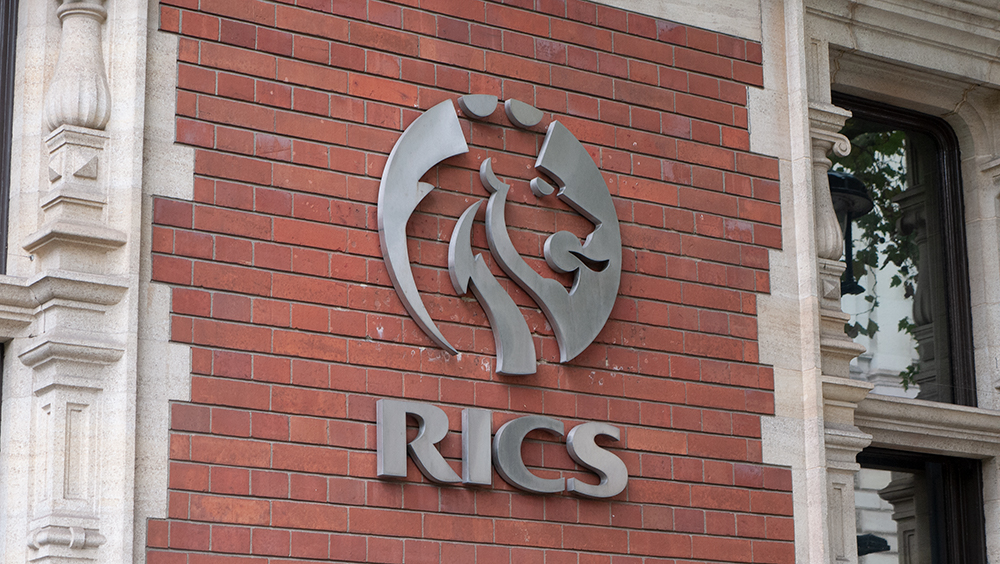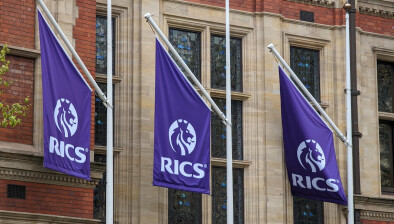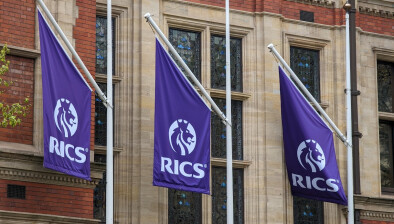RICS warns of sustainability slowdown in global built environment

A new report by the Royal Institution of Chartered Surveyors (RICS) has revealed a slowdown in global demand growth for sustainable buildings and a concerning lack of progress in carbon measurement across construction projects.
Based on insight from more than 3,500 real estate and construction professionals across 36 countries, the 2025 Sustainability Report warns that momentum behind sustainable development risks stalling without stronger policy intervention and accelerated skills development.
Despite continued appetite for green and resilient real estate, demand growth has notably weakened, particularly across the Americas. Europe, the UK, and Asia-Pacific (APAC) have also seen a softening in interest, while regions in the Middle East and Africa (MEA) remain the only markets to show strengthening momentum.
The research finds that while investors continue to value green certifications and climate-resilient assets, high initial costs and uncertainty about returns remain the biggest deterrents to investment. A lack of investor awareness, especially across MEA and APAC, also emerged as a significant barrier.
46% of construction professionals report not measuring embodied carbon, a figure that has risen in the past year. This underscores the widening gap between climate commitments and practice. Only 16% say carbon measurement meaningfully informs material choices in project design.
RICS warns that without mandatory whole-life carbon assessment and reporting, the sector will not be able to achieve national and global decarbonisation targets.
The report highlights the critical need for capacity building, skills development and climate literacy. Whilst over 70% of respondents believe they have some knowledge of sustainable construction, familiarity with circular economy practices and whole-life carbon remains low.
To accelerate climate progress, RICS urges policymakers to:
- Introduce mandatory whole-life carbon reporting for all construction projects
- Set national emissions limits aligned to net-zero pathways
- Expand incentives and financing for green retrofits and low-carbon materials
- Harmonise global standards and definitions for low-carbon and resilient buildings
- Prioritise investment in sustainability skills and training
- Strengthen biodiversity legislation and reporting requirements
Nicholas Maclean OBE RD FRICS IRRV (Hons), Acting RICS President, said: “Transformation across the built environment is necessary if we are to meet the challenge of climate change. This important RICS research shows progress, but also clear signs of fatigue and uncertainty.
“In our 2025 report, the MEA region has emerged as a strong performer, indicating demand growth outpacing all other regions studied. These developments offer valuable insights for global efforts in sustainability practices and provide an important example for the rest of the world. Governments, industry and professional bodies must work together urgently to unlock investment, strengthen policy and scale up skills to deliver a truly sustainable future.”

















